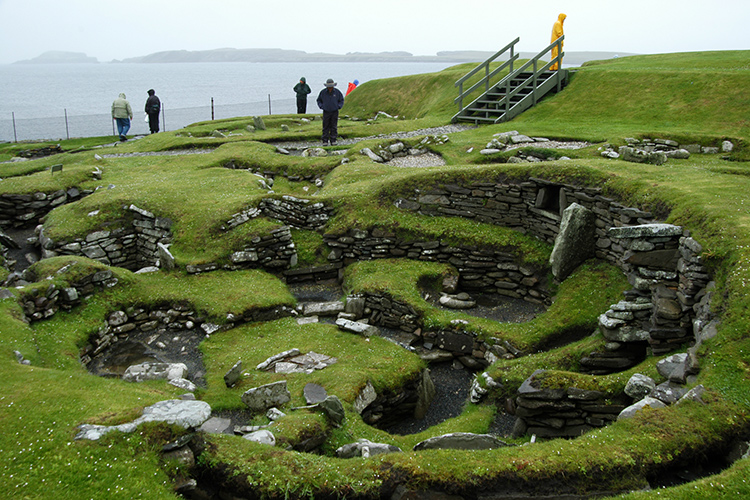Why Ice Matters
Posted by Shirley Metz
in Of Interest and Polar Regions
Apex co-founder, Shirley Metz, shares her observations from 30 years of traveling to Antarctica and South Georgia, explains why ice matters, and discusses the global impact resulting from the loss of ice in Antarctica.
Measuring Ice from Space
NASA recently announced that they have an exciting new way of looking at ice, especially the Antarctic kind. The release of a new high-resolution terrain map, the Reference Elevation Model of Antarctica, or REMA, will allow researchers to better evaluate changes in the southern continent’s ice as the planet warms. According to the New York Times report on September 7, 2018, NASA’s ICESat-2 Satellite is so precise that it can measure the change in the elevation of the ice sheets in both Antarctica and Greenland to about a sixth of an inch! The new data will allow more accurate measurements of features only a couple of feet square in dimension. According to Dr. Ian Howatt, professor of Earth Sciences at Ohio State University, “…it’s a bit like being blind and putting on glasses for the first time and seeing 20/20.”
Loss of Ice in Antarctica
Why should it be so important to measure the minute details of the world’s fifth largest continent? The indisputable answer is that the climate is warming with seasonal changes becoming more severe in Antarctica. The ice is melting three times as fast as ten years ago; indeed, it is melting so fast that scientists have estimated that sea level may rise six inches by 2100. Since I first visited Antarctica in 1988, the continent has lost more than three trillion tons of ice, a monumental loss, which makes understanding how and why this is happening that much more important.
Satellite measurements show what is causing the loss of ice in Antarctica. Dr. Michele Koppes, a glaciologist at the University of British Columbia, reports that “satellite observations show that Antarctica is losing more mass along the edges of the ice sheet where the ice sheet is making contact with the ocean, and that the warming oceans are melting the ice.” Ice shelves take the brunt of the pressure from the flowing glaciers. As the ice melts on the land, the more weight the ice shelf must bear. If an ice shelf loses contact with the ice rise caused by a large iceberg calving event, it can prompt a greater acceleration in ice speed, causing further destabilization.
Rising Sea Levels
The effects of rising sea levels are touching all parts of our globe and many of us have witnessed the results ourselves. In the Pacific, the tiny Marshall Islands are disappearing under the sea. Other small atolls have been completely washed over by waves generated by storms with food, fresh water, shelters, and livestock damaged or tainted by saline intrusion. Kiribati, a republic of coral atolls north of Fiji, may become uninhabitable within a generation. And in Jakarta, the streets have become rivers after storms.
On Easter Island, a famous UNESCO site, archaeologists fear rising waves could erase clues to one of the greatest mysteries of the island: what happened to the civilization that built the monumental stone statues? The famous sites such as Tongariki, Anakena, and Akahanga, now stand to be eroded by rising waters.
In the Scottish archipelago in the North Atlantic, people are trying to save thousands of ancient structures. The Orkney Archipelago, made up of about 70 or so islands, contains more than 3,000 archaeological sites, such as Jarlshof, which have endured for millennia. “Our heritage is falling into the sea,” lamented Professor Jane Downes, director of the Archaeology Institute at the University of Highlands and Islands. “It’s a very dramatic and obvious sign of sea level rise and increased storminess.”
What My Eyes Have Seen
From my own perspective, since I have traveled to the Southern Oceans every year for the past 30 years, it is at South Georgia that I have been awed by the changes I have seen in the ice’s racing retreat. This is particularly so at Gold Harbor where in the past, the Bertrab Glacier created a wall of ice several thousand feet high and once marched proudly into the sea. Today, the glacier is a shadow of its former self, small and distant, its icy rubble now several miles from the water’s edge.
Snow and ice crystals begin their journey as water molecules evaporated from the ocean’s surface. The next time you raise your glass of ice that is chilling your beverage of choice, be sure to look more closely at those crystals with respect and admiration. Ice matters and when you realize its importance, you will never look at it in the same way. It would be an irreversible tragedy that in our lifetime, all that remains of historical sites and island communities are the photographs that we have in our digital wallets.




Hi Shirley, wonderful read and thank you for explaining what you have learned and witnessed over the years. Your photography takes me back to visiting a couple of those beaches and to date my favorite trip ever. Crazy world now and only hope to go next year to the Kamchatka peninsula! All my best to you and Peter and all involved with Apex. Jamie